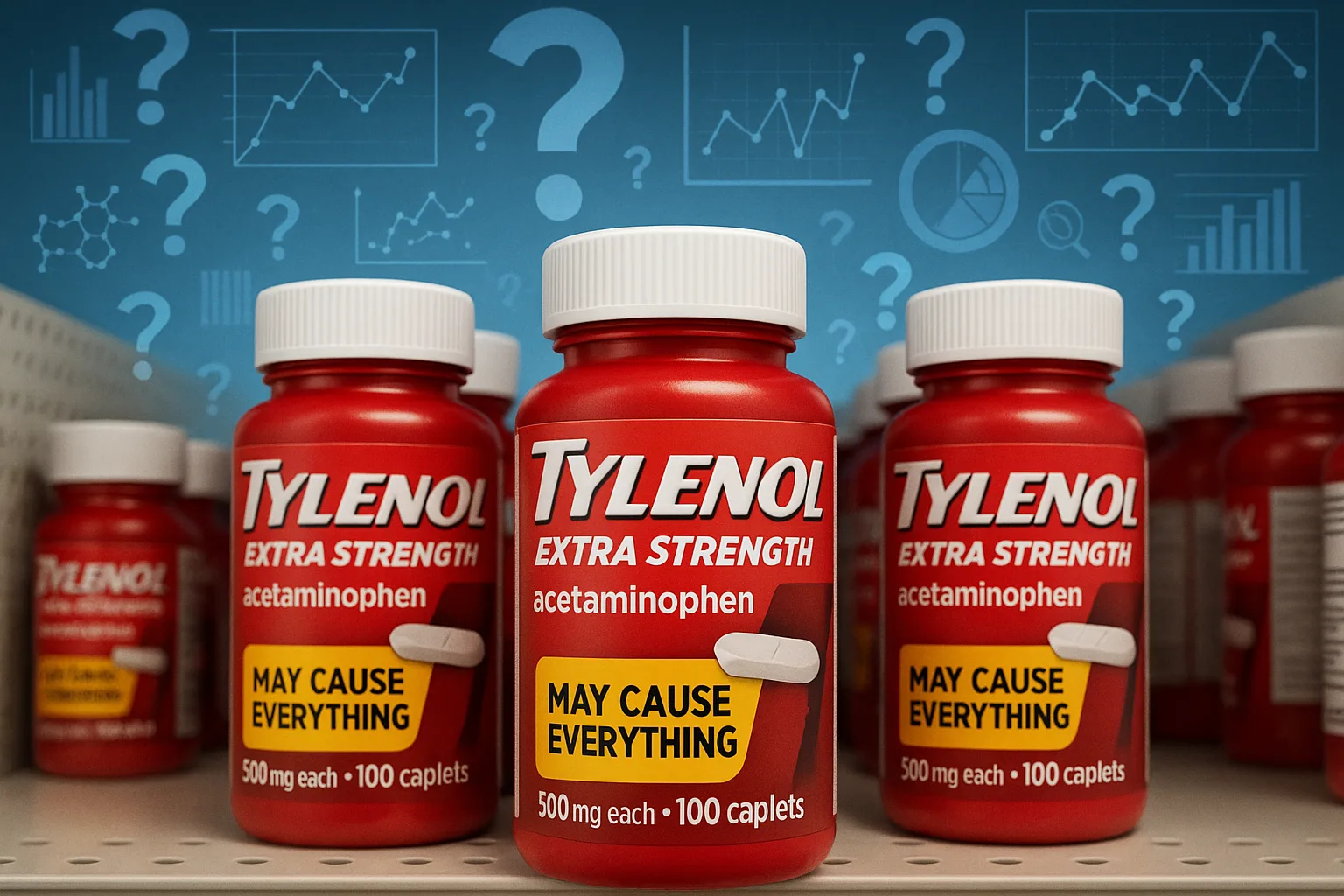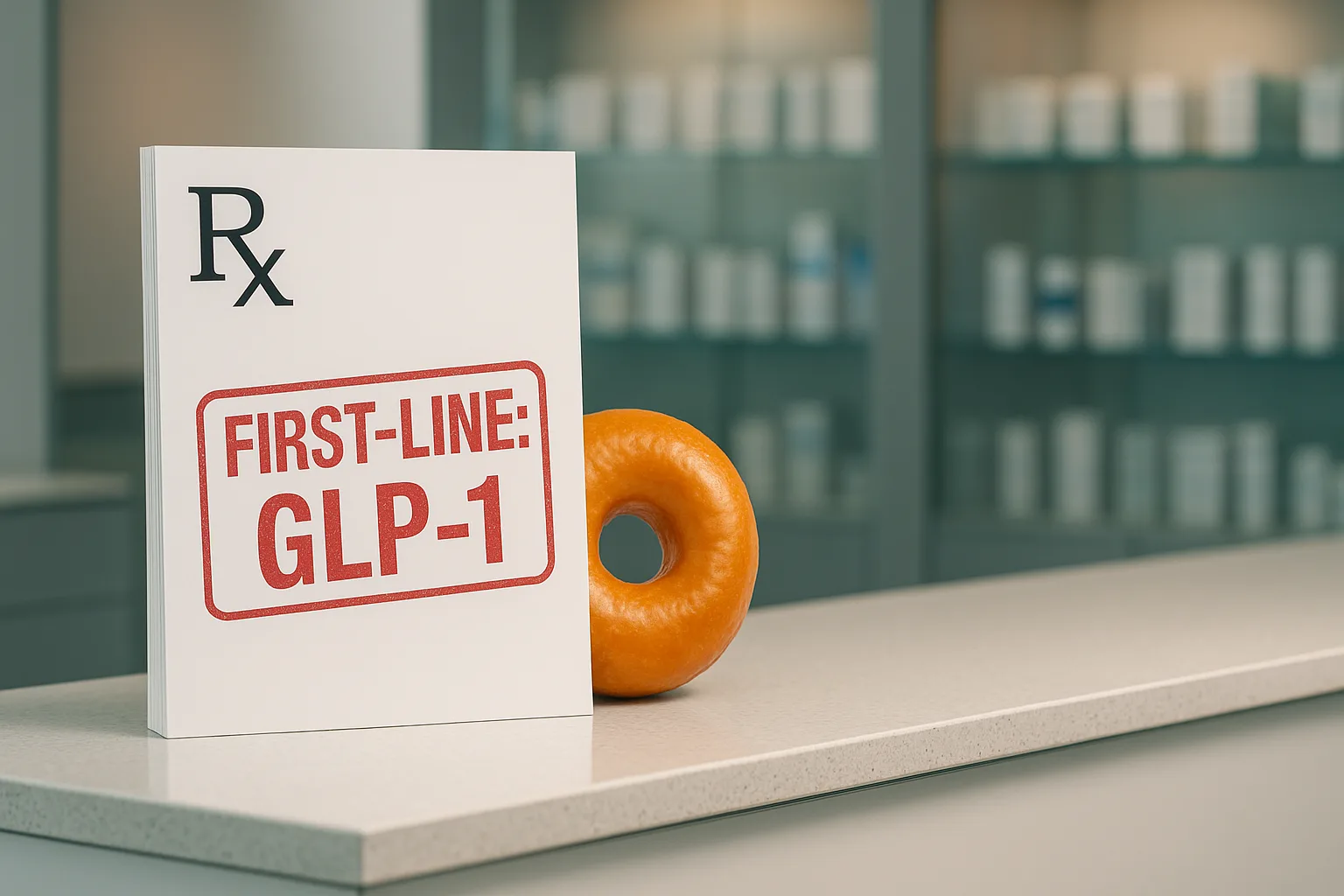Pharmaceutical headlines are rarely soothing, but the latest Tylenol news feels like a fever dream. A consortium of researchers recently warned that prenatal acetaminophen use may correlate with increased autism risk. Correlation, as every statistics instructor will sigh, does not mean causation—but that has not stopped newspapers, podcasts, or your neighbor from treating it like a foregone conclusion. “Next they’ll say ibuprofen causes poor Wi-Fi,” muttered Dr. Helen Ortiz of the fictional Institute for Responsible Overstatement.
Background
Acetaminophen, sold under brand names like Tylenol, is one of the world’s most commonly used pain relievers. Safe in recommended doses, it has long been the go-to for headaches, fevers, and the occasional “I went to karaoke on a Tuesday.” The compound’s ubiquity makes it a perfect candidate for alarm: when something is everywhere, it can be blamed for anything. Researchers did find statistical associations with neurodevelopmental outcomes—but associations are broad nets. With the right dataset, you can link ice cream sales to shark attacks, or Latin homework to solar flares.
What’s New
The recent study, which spans thousands of case files, suggests a possible connection between prenatal Tylenol use and autism spectrum diagnoses. The authors, to their credit, called for more investigation and careful replication. Commentators, to their discredit, called for bonfires of bathroom cabinets. “The only safe pain reliever is stoicism,” declared one wellness influencer. The U.S. Office of Medication Clarifications (OMC) quickly issued a reminder that “headlines are not prescriptions.”
Some clinicians worry the panic could deter patients from safe, needed treatment. Others note that the same week, another paper linked acetaminophen to increased empathy in lab rats, though this was quietly filed under “too wholesome to trend.”
What It Means
For now, it means we are once again reminded of the limits of epidemiology, the volatility of public discourse, and the sheer endurance of Tylenol as a brand. It has survived recalls, lawsuits, and now—autism speculation. “Tylenol is like the Oxford comma,” said Prof. Darius Finch of Grammar State University. “Perennially debated, sometimes maligned, but always lurking in the medicine cabinet.”
So what should you do? Read labels, consult doctors, and remember: if a pill has been blamed for both empathy and developmental risk, the real common factor might be our appetite for headlines. Until then, acetaminophen remains both the world’s most popular pain reliever and journalism’s favorite chew toy.
[1] For the record, no peer-reviewed study has yet established a link between acetaminophen and dangling participles. But give it time.










